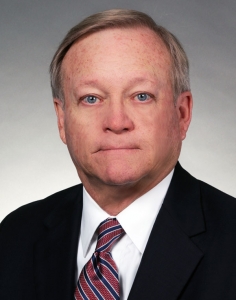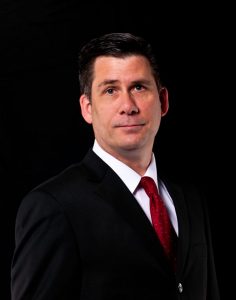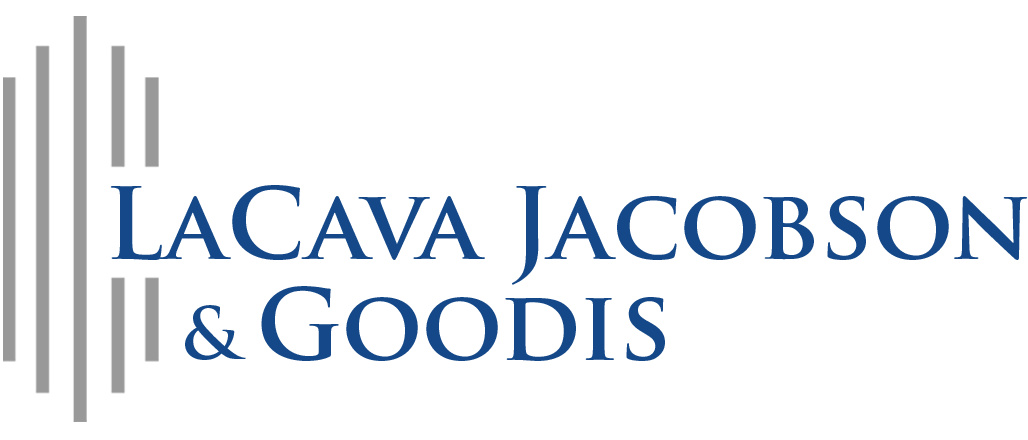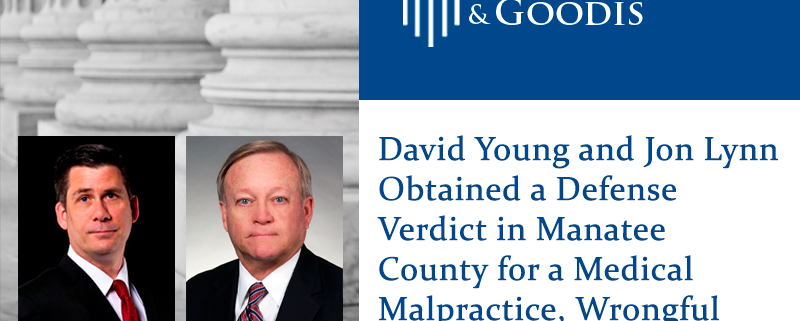David Young and Jon Lynn Obtained a Defense Verdict in Manatee County for a Medical Malpractice, Wrongful Death Case

 David Young and Jon Lynn obtained a defense verdict for two emergency room physicians, a physician assistant, and their employer in Manatee County in a medical malpractice, wrongful death case. The Plaintiff alleged the two doctors, one board certified in family practice and not emergency medicine and the other in emergency medicine, as well as the physician assistant were negligent in their care of the Plaintiff. The Plaintiff collapsed on the worksite and was assessed by EMS as unresponsive but not having a stroke. When he arrived at the hospital, the patient was responsive only to painful stimuli and over the next few hours began to improve neurologically. No focal deficits were noted by the numerous providers who assessed him over the 3 hours and then a nursing assessment noted facial droop and left-sided weakness.
David Young and Jon Lynn obtained a defense verdict for two emergency room physicians, a physician assistant, and their employer in Manatee County in a medical malpractice, wrongful death case. The Plaintiff alleged the two doctors, one board certified in family practice and not emergency medicine and the other in emergency medicine, as well as the physician assistant were negligent in their care of the Plaintiff. The Plaintiff collapsed on the worksite and was assessed by EMS as unresponsive but not having a stroke. When he arrived at the hospital, the patient was responsive only to painful stimuli and over the next few hours began to improve neurologically. No focal deficits were noted by the numerous providers who assessed him over the 3 hours and then a nursing assessment noted facial droop and left-sided weakness.
The Plaintiff alleged a delay in diagnosing the patient’s acute ischemic stroke and that such delay prevented a life-saving decompressive hemicraniectomy. Plaintiff contended that it was simply impossible that such an extensive stroke be visible on CT scan and the patient not have focal deficits. Plaintiff contended that this surgery if performed within 2 days of the presentation would have saved his life, while the actual subsequent care included admission, assessment by neurology, consultation to neurosurgery, and a decision by neurosurgery within a day of admission that the risks of surgery outweighed the benefits given the size of the infarct (almost the entire right hemisphere of the brain on MRI). The Plaintiff ultimately had a brain herniation and died the day after neurosurgery was consulted.
The defense countered that the physician did in fact make the diagnosis timely once the focal deficits were present and that the presentation of the patient with global deficits (unresponsive and obtunded) prevented earlier diagnosis and that almost a dozen trained observers did not miss obvious focal deficits. The defense further argued that looking at the care prospectively (rather than retrospectively with knowledge of the stroke on the CT scan that was misread), the providers were appropriate in their diagnosis and plan. The defense also argued that no treatment, including a decompressive hemicraniectomy, would have prevented the death. The survivors included the surviving spouse and 6 children. Plaintiff asked the jury to award 10 million dollars in damages. After 2 hours of deliberation, returned a verdict finding all three health care providers not negligent and a full defense verdict in their favor.



 litigation and appeals in all Florida state and federal courts.
litigation and appeals in all Florida state and federal courts.